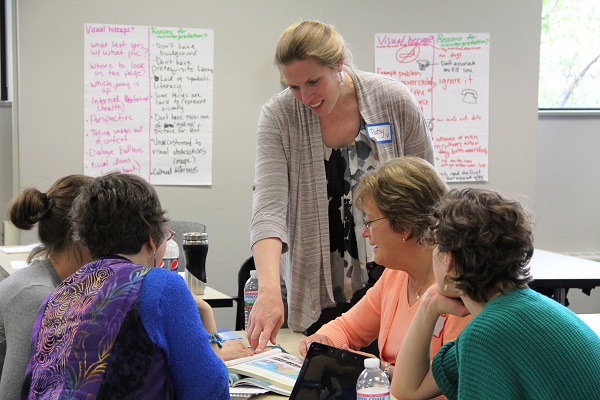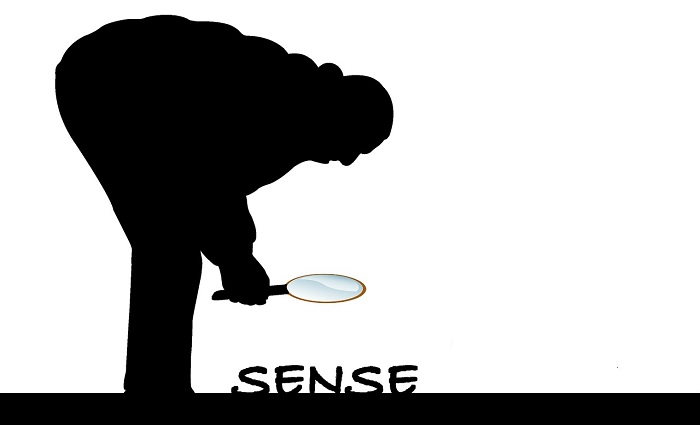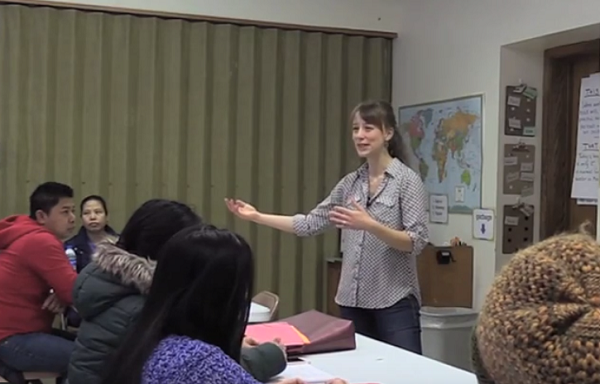Reading
Recent Newsletter Articles

2019 Language & Literacy Institute: Registration Now Open!
Registration is OPEN for the 2019 Language & Literacy Institute on January 24-25! The past three Institutes have been extremely successful, and some workshops may fill, so don’t wait – register now to ensure you get into the workshops you want!… Read More

Word-Level Focused Activities to Help Low-Literacy ESL Learners Decode: PART 2
Focusing on word beginnings and word families can help learners recognize patterns, which can improve their ability to decode words. Help your adult ESL learners recognize initial phonemes with Part 2 of this alphabetics routine. Read More

New! CCRS Video Discussion Guides: Free Professional Development Resource!
Check out the Video Discussion Guides that accompany the new CCRS in the ABE Classroom videos. These guides provide teachers, volunteers, and educators with targeted, thoughtful questions that will enable viewers to get the most out of the CCRS videos. Read More

Word-Level Focused Activities to Help Low-Literacy ESL Learners Decode: PART 1
Focusing on word beginnings and word families can help learners recognize patterns, which can improve their ability to decode words. Help your adult ESL learners recognize word patterns with this alphabetics routine. Read More

MN ABE in Action! A New CCRS Classroom Video Makes Its Debut
Check out the first video in a new, Minnesota homegrown series to see how the CCR Standards work in an ESL/ELA classroom! Read More

A Decade of STAR in Minnesota
Through STAR, ATLAS has provided a decade of intensive trainings and trainer support that teach ABE instructors to use evidence-based reading instruction (EBRI) in the classroom. Read on to hear about stories of success from new STAR programs or classes, teachers, students, and volunteers! Read More

Word Level Analogies
Add word level analogies to your classroom routine to revisit vocabulary. With opportunities to build/reinforce knowledge and use supporting evidence, coupled with varying degrees of complexity and rigor, this versatile tool enables us to combine vocabulary with other concepts embedded in the CCRS! Read More

FREE TEXT FREE TEXT FREE TEXT: Part 3
This article is part three of a series highlighting free online text resources. This final installment includes websites that span low to high learner levels plus a website with free, original children's books for parents to use with their kids in English or in several other languages! Read More

FREE TEXT FREE TEXT FREE TEXT: Part 2
Looking for some great sources for free text when planning CCRS-aligned English language arts lessons? There are some great online sources available for FREE! Here is Part 2 of my series on free text resources with a focus on English language learners. Read More

A Decade of STAR in Minnesota… Calls for a Celebration!
Calling all Minnesota STARs! Join us for a free All-STAR Institute on Friday, June 1, 8:00 AM - 3:30 PM, to celebrate 10 years of STAR in Minnesota! We'll also address common STAR challenges and CCRS questions in several great breakout sessions. Read More